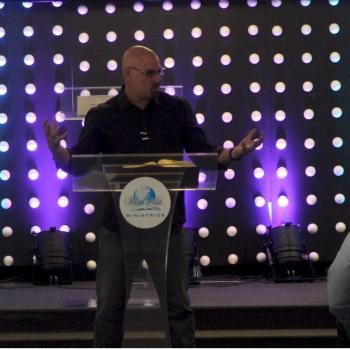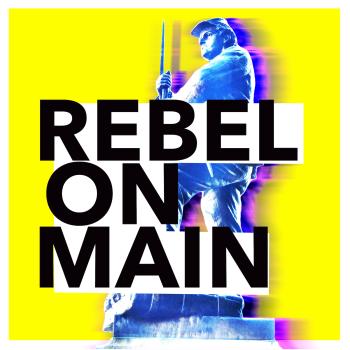One thing that often scares conservatives is the uncertainty that comes with a progressive approach. How are we supposed to know when to uphold Scripture, and when to go beyond it? If matters of doctrine and ethics are not set in stone—literally or metaphorically—then are we not left with complete relativism and uncertainty?
My answer is: not necessarily.
There definitely is uncertainty inherent in the progressive Christian outlook. But the view that it is a bad thing is based on a faulty understanding of "faith." In modern English, that word has come to mean "believing incredible claims in spite of lack of evidence or even evidence to the contrary." Historically, even in English the term meant something different, and more importantly, the Greek word usually translated "faith" in the New Testament has overtones not only of faithfulness but also of trust. Trusting is not what you do when you are certain you are right. It is what you do when you know you could be wrong. Being willing to live with uncertainty can be an expression of faith in God rather than its antithesis.
Moreover, progressive Christians have the principles of Scripture, and a long history of allowing those principles to overturn what individual passages say. Another classic example is the case of slavery. Those who defended the institution could offer detailed exegesis of passages relating to slavery that supported their case. But on the side of the abolitionists was a principle, the Golden Rule, "Do to others what you would have them do to you." Accept that principle, and you can't accept one person owning another, since none of us wants to be another's property.
There is more that could be said about the Bible from a progressive Christian perspective—and in particular about the place of critical biblical scholarship in it. But there isn't room here. So let me close with a few brief thoughts:
The Bible is an expression of Christian faith, not its reason for being.
The Bible is a resource for starting discussions, not ending them.
And, as Timothy Beal put it recently, "The Bible is not a book of answers but a library of questions."



